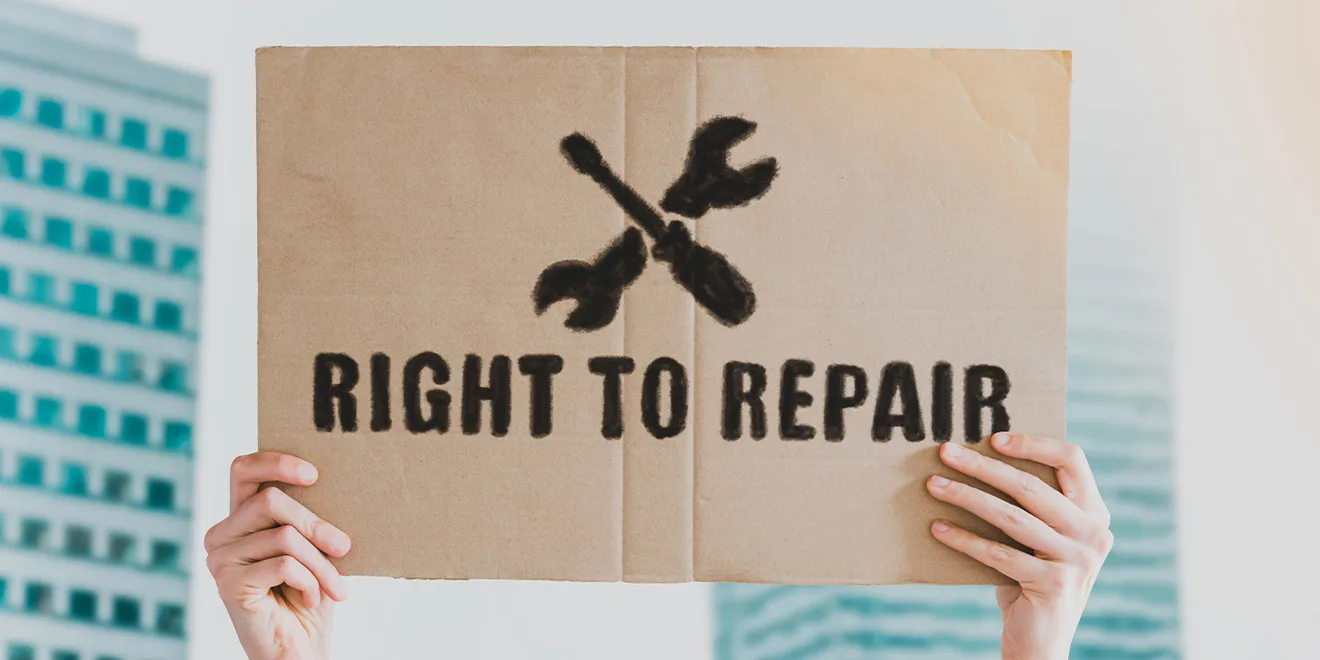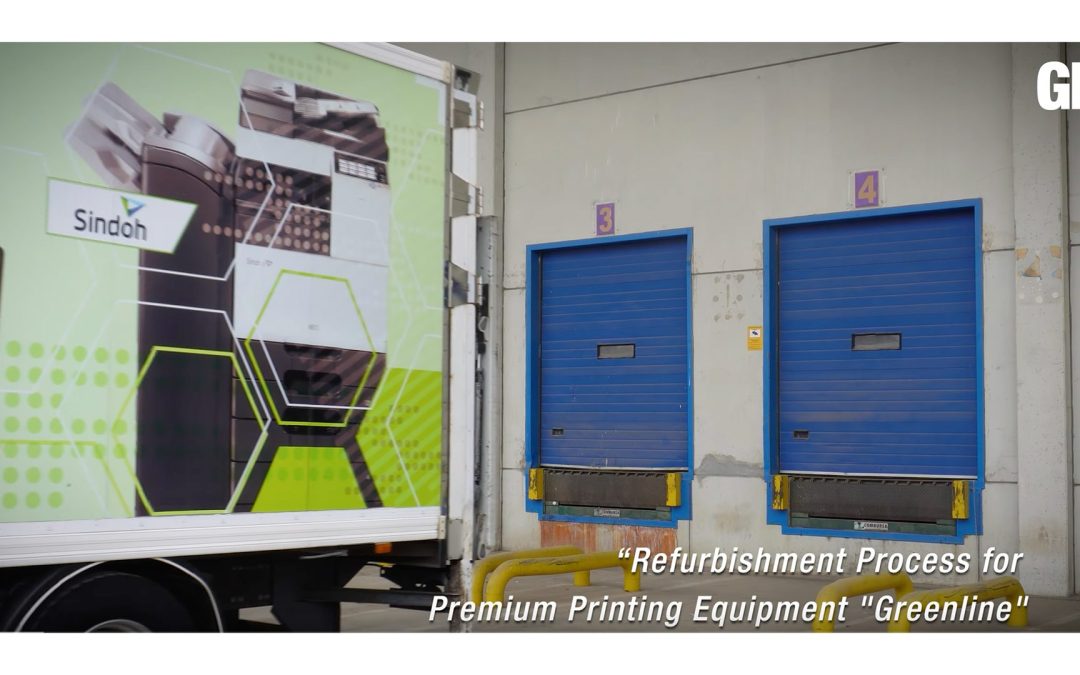Last week, the Council of the European Union and the European Parliament reached a provisional agreement on a directive aimed at promoting the repair of broken or defective goods, popularly known as the right-to-repair directive.
The new legislation will seek to facilitate consumers’ access to repair services, making it quicker, more transparent, and appealing to opt for repairs over replacements. It applies to a wide range of products and imposes an obligation on manufacturers to provide repair services.
Additionally, the directive aims to boost the repair sector, reduce waste, and encourage sustainable consumer behaviour by unifying the national repair information platforms into a European online platform, providing consumers with key data on the repair service and extending the liability period for sellers after a product repair.
The Right to Repair Europe coalition, representing more than 130 organisations, celebrated that European consumers will get better access to affordable repairs for selected products, but urges for more wide ranging rules.
The coalition added though that this rule is only applicable to products for which the EU legislation lays down reparability requirements. Right to Repair said: “For these few product categories, producers will for the first time be obliged to offer repair options beyond the legal guarantee period of two years. Right to Repair Europe demands a broader right to repair legislation covering more product categories during the next mandate.
 “Regrettably, the current law also fails to offer broader access to more repair information and more spare parts, and to prioritise repair within the legal guarantee framework.”
“Regrettably, the current law also fails to offer broader access to more repair information and more spare parts, and to prioritise repair within the legal guarantee framework.”
The EU Commission will introduce a European online platform listing repair and buyback solutions in Member States and harmonised quote/estimations, which will increase the visibility of repair options and transparency for their costs. EU lawmakers also encourage Member States to introduce repair funds and vouchers, which have proven successful as a viable strategy to improve repair affordability. Furthermore, small steps were taken to make repair under guarantee more attractive.
The Right to Repair coalition added: “The new law mandates sellers to propose repairs if products fail during the legal guarantee period, accompanied by a one-year extension of the guarantee after repair. While positively received, the incentive is still inferior next to the offer of replacements, which currently comes with an extra two-year legal guarantee coverage. Consumers will therefore more likely opt for replace over repair.“
Cristina Ganapini, Coordinator of the Right to Repair Europe coalition, said: “The promising steps towards affordable repairs are a victory for our coalition representing the future of the European repair economy. This is not without thanks to the EU Parliament, particularly MEP René Repasi’s tireless efforts against pushbacks. The next EU Commission must pick up the baton and keep working on ecodesign to secure repairability rules for more products, while national governments must introduce repair funds.”
Marie Castelli, Head of Public affairs of Back Market, said: “Putting an end to manufacturers’ techniques preventing independent repair and refurbishment is a huge step forward in the building of a more circular economy in the EU. By opening the after sales markets on the products covered, this text will allow consumers to access quality affordable repair. We now need to extend this freedom to repair to as many products as possible. We count on the next mandate to have an ambitious ecodesign work plan on electronics, which is the fastest growing waste stream.”
Mathieu Rama, Senior Programme Manager at ECOS, said: “The blight of e-waste must be stopped, so every step towards easily repairable electronic products is a win for the environment. With more reasonable spare parts prices and improved access to independent repair, we are heading in the right direction – but this directive is not enough. It covers only a small group of products – many more must still be brought under the ecodesign umbrella before we can really speak about a universal right to repair.”




















